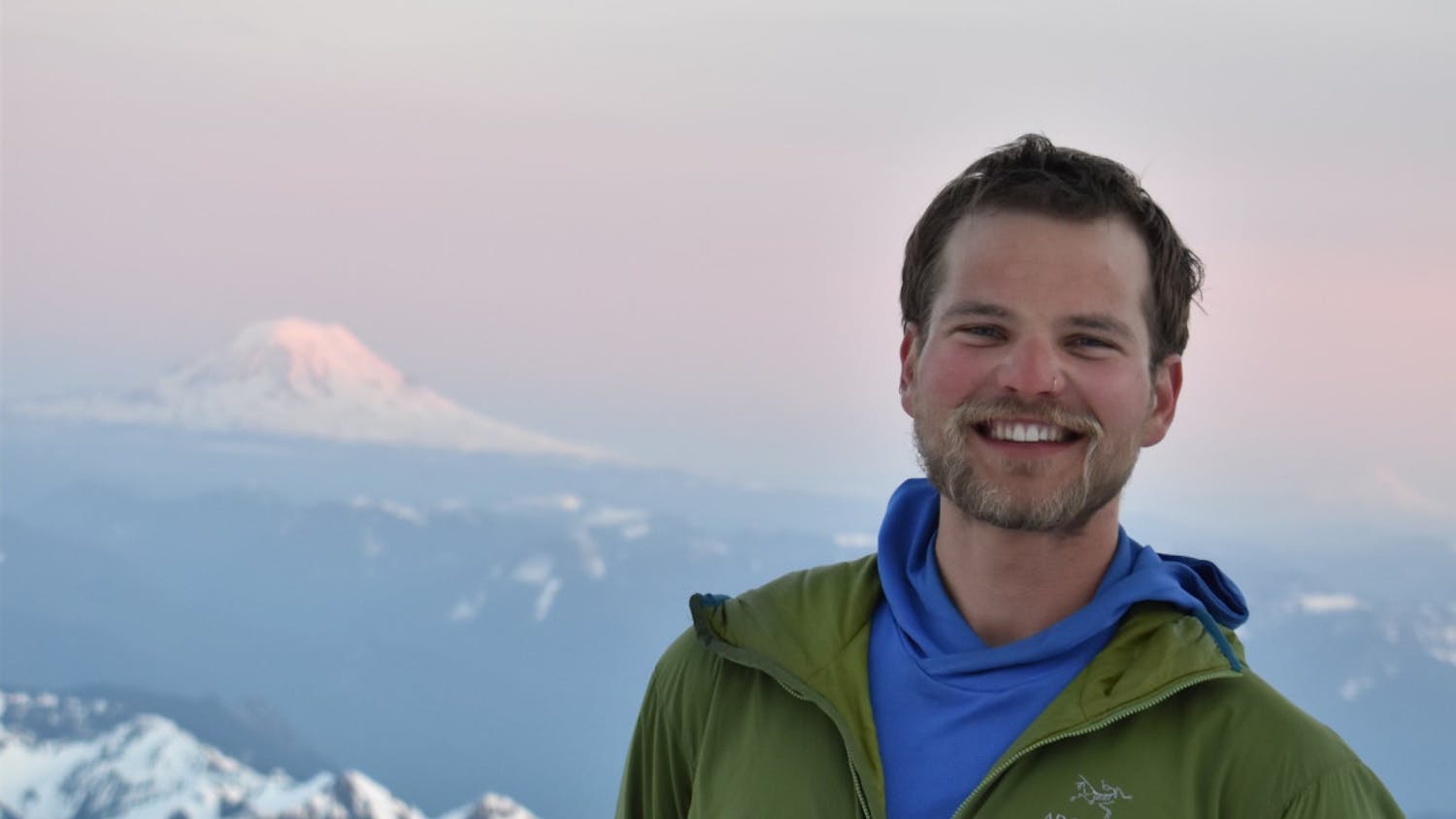Tasked with creating action and dialogue to protect the Salish Sea, Western’s Salish Sea Studies Institute hired its first director, Ginny Broadhurst, in June. The institute was founded in 2015 and aims to educate the community about the Salish Sea environment. The institute aims to bring people involved with the Salish Sea together, and will be looking for partners across the Canadian border, Broadhurst said. “People care, and they care not just in words but in actions. They are willing to spend their time, volunteer their time, working on projects and keeping this place in good shape,” Broadhurst said. Bert Webber, Western professor emeritus and a founder of the Salish Sea Studies Institute, said the key to the institute to him can be summed up in three words: “Fostering responsible stewardship.” He founded the institute in the fall of 2015 because there was a need for dialogue and action to address the Salish Sea’s health. He said educating the community, whether it be Western or the people who live on or around the Salish Sea, is a major component to the institute’s concept. Broadhurst said she has been working on Puget Sound issues her whole career and her past work has prepared her well for the position as director of the institute. At the University of Washington, she studied environmental conservation and as a graduate student, she studied marine affairs. She has worked with what is now called the Puget Sound Partnership, the Northwest Straits Commission and various volunteer environmental groups throughout the northern region of the Puget Sound. Broadhurst said she hopes the institute will be a place to conduct forums and discussions to identify areas of improvement in management of the Salish Sea. She said Bellingham is a great place to have conversations about the Salish Sea, which encompasses over 60 different governments that have management responsibilities. Broadhurst said she is making connections around campus with established departments such as the environmental science department, and working on the upcoming Salish Sea Ecosystem conference, which will be hosted in Washington in April 2018. She hopes to have a minor in Salish Sea studies offered through Western by fall 2019. Webber said the institute is not necessarily unique, but has a specific emphasis: residents of the Salish Sea region acknowledge there are issues about it that need to be addressed. He said to give a voice to those concerns, there needs to be cross-boundary organizations and outreach, and that this is the interesting and beneficial aspect of the institute — to foster those relationships and stewardship. There are a lot of ongoing efforts by organizations both in Canada and Washington looking at the marine waters and the environmental health of the Salish Sea, Broadhurst said. Lee First is north Puget Sound baykeeper for RE Sources for Sustainable Communities, an organization that aims to promote healthy ecosystems in Washington. First cited various environmental issues in the Salish Sea, specifically in the Whatcom County area, during summer months. Toxic algae blooms affect the Salish Sea during summer months because of an increase in nutrients, like fertilizer, and increased temperatures, First said. In addition, First said the area may see an increase in tanker traffic transporting fossil fuels, which could increase the chances of an oil spill. There are currently over 12,000 large vessel transits in the Salish Sea, including 1,300 oil tanker transits. If more oil development happens, the increase in tanker transit in the Salish Sea will go up by almost 40 percent per year, First said. Broadhurst, who started in early June, said she is excited to get going. The institute is in a transitional phase right now, she said. She has been talking with different departments, such as anthropology and environmental science, to brainstorm about curriculum and partnerships, with more to talk about in the fall.





